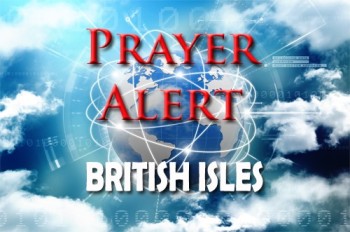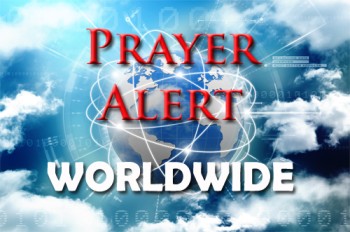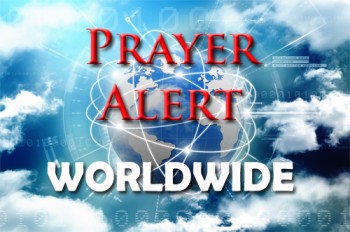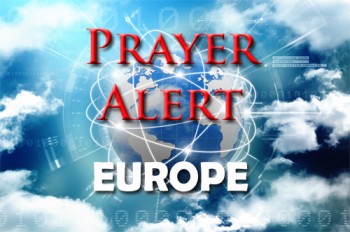Displaying items by tag: coalition
Irish elections: what happens next?
Ireland’s general election has set the stage for coalition negotiations to form the next government. Fianna Fáil emerged as the largest party with 48 seats, followed by Sinn Féin with 39 and Fine Gael with 38. With 88 seats needed for a majority, Fianna Fáil and Fine Gael are expected to renew their coalition, perhaps with support from independents or smaller parties. Micheál Martin, leader of Fianna Fáil, is poised to return as Taoiseach under the coalition's rotation agreement. Fine Gael, led by Simon Harris, will likely alternate leadership roles during the government’s five-year term. Despite Sinn Féin’s gains, the other parties have ruled out collaboration with them. Negotiations will center on policies like enterprise, EU relations, and home ownership. Meetings and talks are expected to last for weeks, with the Dáil returning on 18 December. Ministers will remain in caretaker roles until a coalition agreement is finalised, likely in early 2025.
Israel: new government
Jordan, Saudi Arabia and Egypt are worried that Israel’s new government will spark escalations in the West Bank and Gaza that spill over into their territory. Jordan’s King Abdullah warned Israel, ‘We have red lines, and if people push those red lines, we'll deal with that.’ They already crossed one red line when the coalition guidelines said, ‘Jewish people have exclusive and unassailable rights to the entire Land of Israel. The government will promote and develop settlement in all parts of the land - Galilee, Negev, Golan, Judea and Samaria (West Bank).’ May God bless Israel with effective, stable governance, and may Netanyahu's heart turn to the paths that please God. May God arise, conquer egos, and bring about a desire to do what is best for the nation and not what is best for one's personal political career. Pray for God to arrange the priorities of this coalition to line up with God’s priorities.
Israel: political instability
Once again there is political tumult in Israel, where the fifth election cycle in three years is about to begin. Crippled by dysfunction and tribalism, Israel has joined the ranks of Italy and Greece, where general elections occur with infuriating frequency. In June 2021 there was a big change when the new government sworn in was not headed by Benjamin Netanyahu, who had held the position for twelve years. A politically diverse coalition was cobbled together by Yair Lapid, leading the centrist Yesh Atid (There Is a Future) party. The coalition government, headed by rightwing prime minister Naftali Bennett, was a grouping of eight political parties, including an Arab Islamist party. It began crumbling in recent months after two right-wing lawmakers defected, which meant that the coalition lost its majority. In recent weeks left-wing and Arab coalition members were not backing key legislation. The next coalition will form after October’s polls.
Germany: changes in leadership
On 26 September voters elected the Bundestag's parliamentary seats. The dominant political parties - SPD, CDU and CSU - finished only ten seats apart. Angela Merkel’s departure has opened up a large void. Many older MPs have been replaced by people in their thirties or even twenties. This rejuvenation will bring many openings for renewal and innovation in the current technological and global transformation, but will also pose potential risks that need prayer. Will Germany manage to keep its leadership in Europe, or will France supplant it? What can the EU expect from the new Chancellor and coalition on climate change, trade, and technology? How do the elected candidates see Europe’s place in the world? What will the results mean for Germany’s relationships with France, the USA, Russia, or China?



